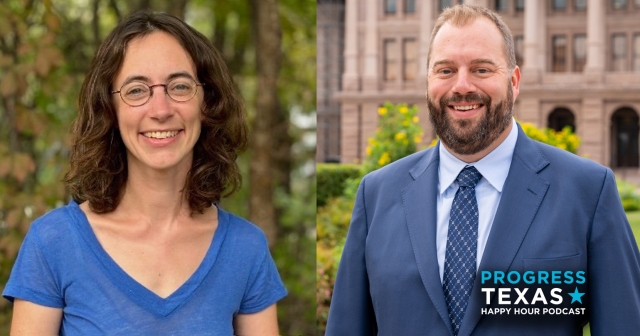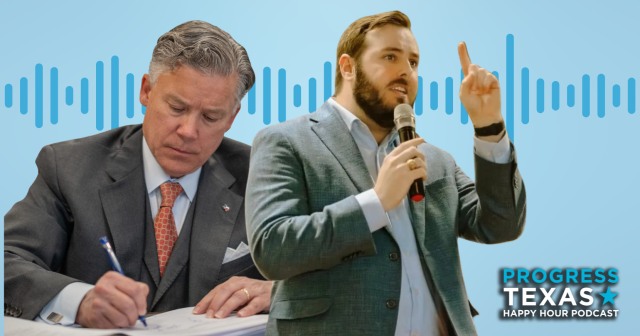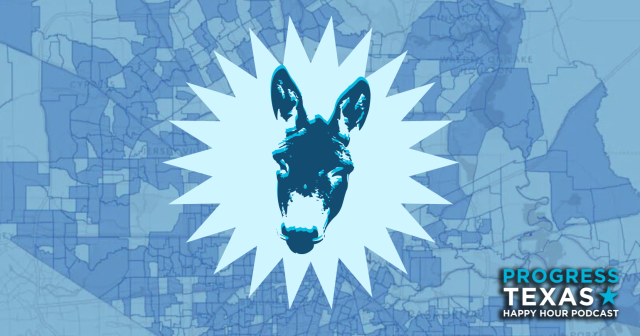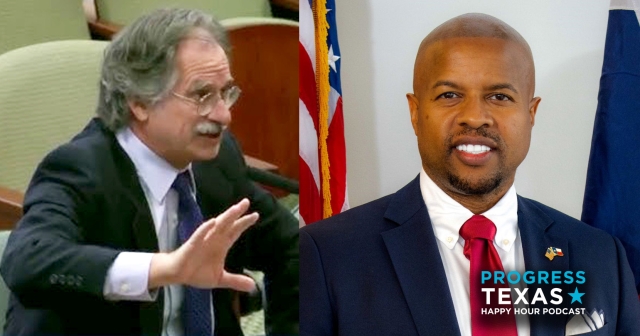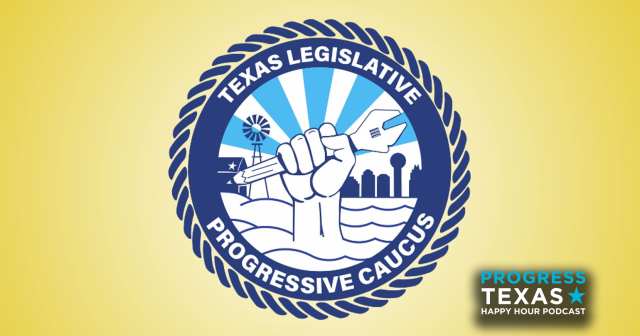District Judge Rules That Financing Education with Property Taxes is Unconstitutional
In a ground breaking decision yesterday, state district Judge John Dietz ruled in favor of more than 600 school districts that had sued the state over the system it uses to pay for public education. Dietz's ruling says that the property tax system that Texas uses to pay for education is unconstitutional under the state constitution. During the 2011 Texas legislative session, lawmakers cut $5.4 billion from public education. In response, more than 600 school districts filed claims against the legality of the school finance system. Dietz ruled in favor of all of their major claims.
According to a Texas Tribune article, the judge gave an impassioned speech on the importance of funding public schools:
As he presented his ruling, Dietz discussed what he called the "civic, altruistic and economic" reasons for supporting public education. "We realize that others provided for us when we were children. We realize that children are without means to secure their education. Just as others provided for us when we were in school, now is the time when we provide for others," he said, going on to describe the societal benefits of a well-educated population: lower crime rates, fewer people who need public assistance and a greater state income.
Greg Abbott vs. Texas Schools
As exciting as the decision is for school districts across the state, it is only the beginning of a long battle. The ruling is "simply one step on this litigation's path," said Texas Education Commissioner Michael Williams. Because Texas school children everywhere must face one Big Bad Wolf who will undoubtedly try to overturn the ruling, Attorney General Greg Abbott.
Although Governor Rick Perry attempted to put education finance on the back burner during his State of the State address, it's quickly become clear that Dietz's ruling will be taken to the Texas Supreme Court by Abbott. If the Texas Supreme Court rules against the state, it won't happen until after this legislative session ends - which could mean a special session in 2014 just to talk about public education funding.
Abbott is not afraid of a little extra work, though. He will happily follow the governor's path in policy on education or do just about anything Perry says, assuming that means he gets to run for governor at the end of the day. In the meantime, Texas schools are suffering.
Texas Schools Suffer As They Wait
The 2011 cuts resulted in 11,000 teachers losing their jobs. With roughly 85,000 new students per year, faculty cuts in public schools mean larger classrooms and less individualized help for struggling students. But even with the budget surplus this year (which is due to the cuts made on education in 2011), Texas officials like Lt. Governor David Dewhurst think the state should not increase funding to education.
In an American Statesman Article, F. Scott McCown explained why the 2011 cuts were not only damaging to our public schools but completely unnecessary,
In earlier times, if our state leaders had proposed cutting education on this scale, citizens would have been outraged. In 2011, however, our state leaders told us these cuts were necessary because of the Great Recession. In reality, they weren’t. We had several options, including using the rainy day fund. If we had used the rainy day fund as the constitution intended — to protect ongoing operations like education when an economic downturn reduced revenue — after the economy recovered, we would have been back on track. But under the cover of the darkness created by the recession, state leaders cut crucial investments in our children.
So if the cuts were unnecessary, why did they happen? And more importantly - why are Texas officials defending them? Instead of funding an essential part of our society, they are doing what Republicans do best: talking about tax cuts. Since when is paying for a child's education partisan? Even though President George W. Bush's "No Child Left Behind" legislation was all-around disasterous, at least he acted like he cared about public schools. Perry will not even acknowledge that these problems exist, essentially saying in his State of the State that Texas education funding is "phenomenal." Is he taking pain medication again, or just plain lying?
More than two-thirds of the public school districts are calling for a reversal of the 2011 cuts. It seems unlikely that all of those school leaders are Democrats. Assuming there are some sensible Republicans in the fight to save Texas schools, that means there are some Republicans who are willing to invest in our future. They know what Judge Dietz knows. "There is no free lunch. We either want increased standards and are willing to pay the price or we don't."
Texas does not have a deficit, so why is there so much hesitation by the governor to pay the bills?
DONATE
Your donation supports our media and helps us keep it free of ads and paywalls.

